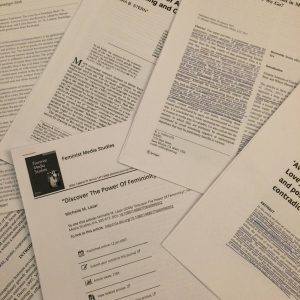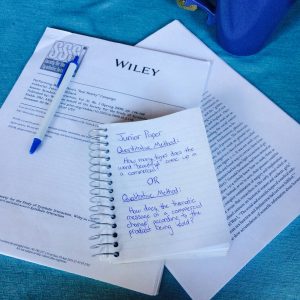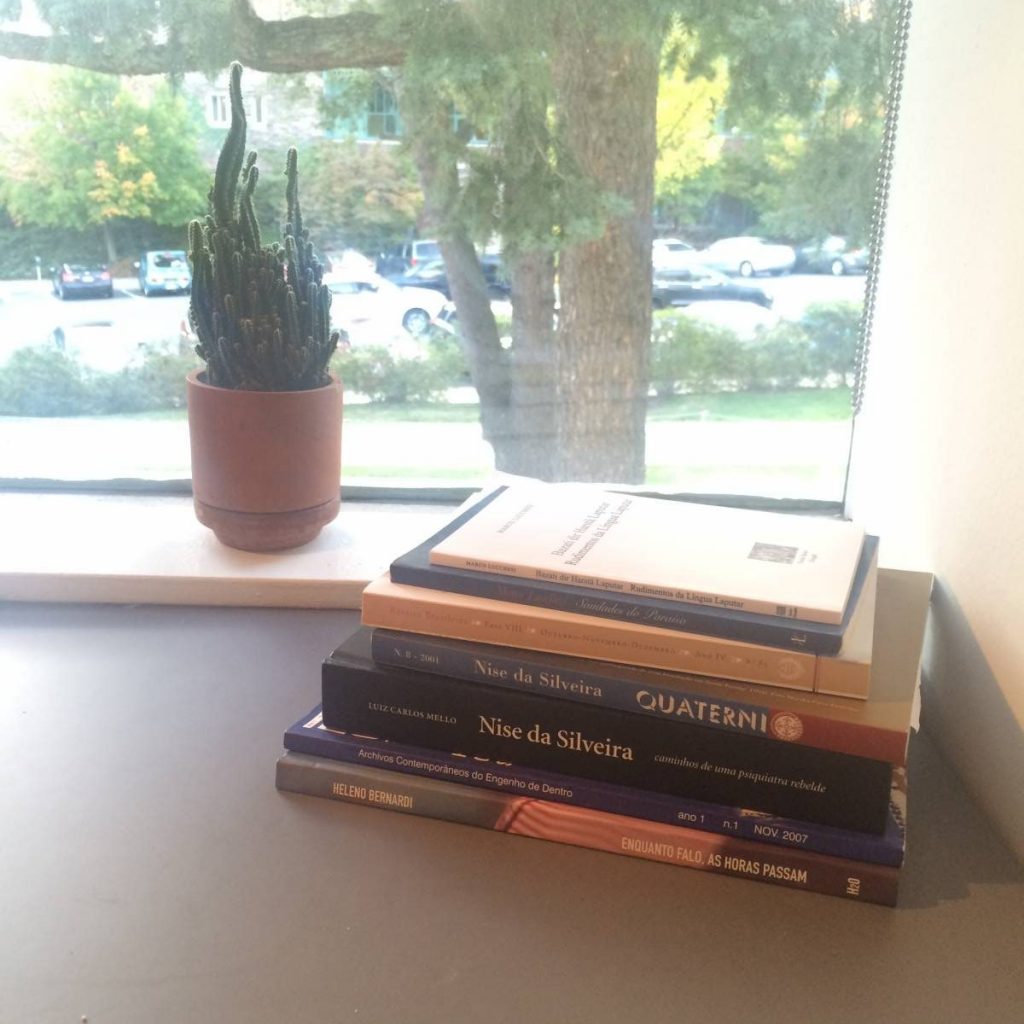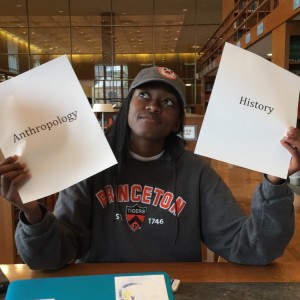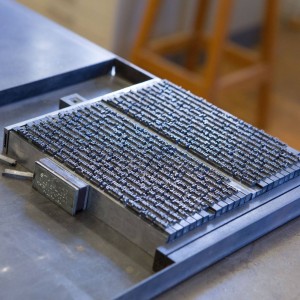
One of the most rewarding parts of conducting independent research is finishing it. After spending several months finding a topic, looking for a research question, keeping track of sources, and writing up a semester’s worth of work, you can’t help but be proud (or simply relieved) to finally turn in your Junior Paper. That being said, there is a downside to completing your first independent project: having to start over. If you’re like me, you’re required to write another JP for the spring semester. And perhaps, also like me, you dread having to let go of your previous hard work and starting from scratch. Well, maybe you don’t have to!
The beauty of research is that there is no limit to how many times and ways you can study the same material. More importantly, building upon pre-existing work can help you better understand your topic and plan for future studies. This could entail conducting new research that tries to eliminate limitations from the original study or research that compares the results of the original study with the those of a new one. For that reason, with departmental permission, your spring semester JP could be an extension of your fall semester research! Here are three ways you could expand your old research: Continue reading Recycling Content: How to Expand Your Fall Semester JP for the Spring


